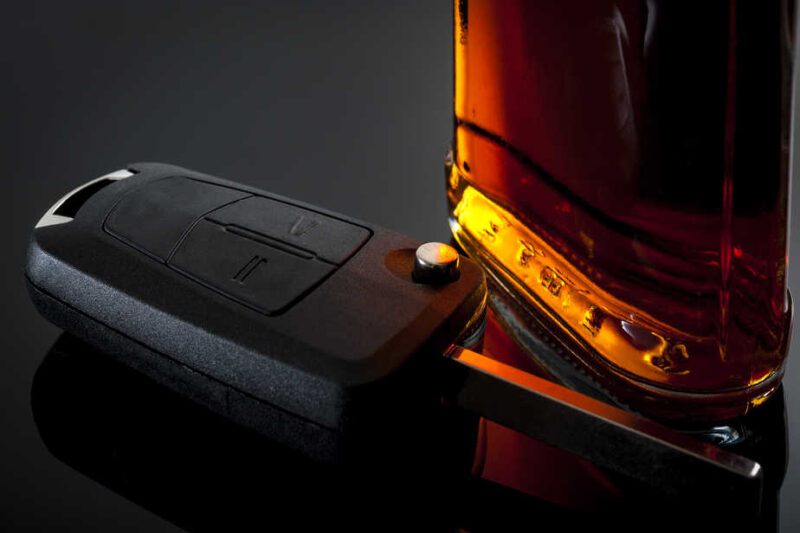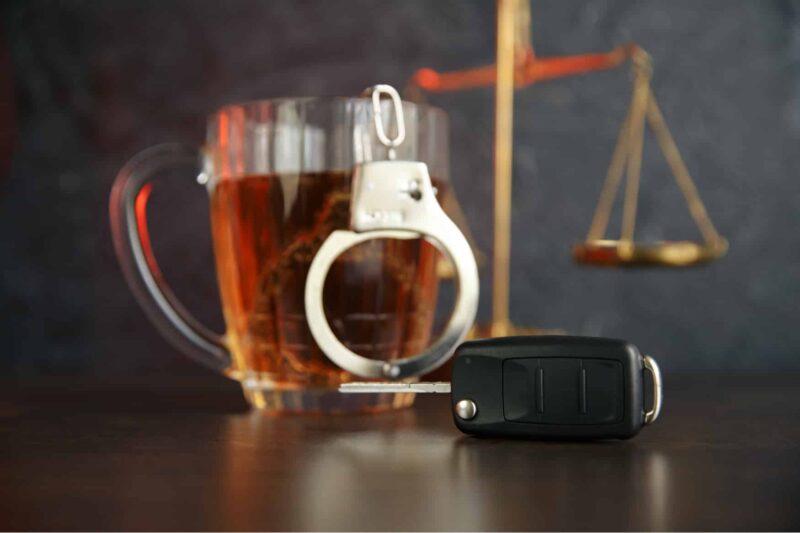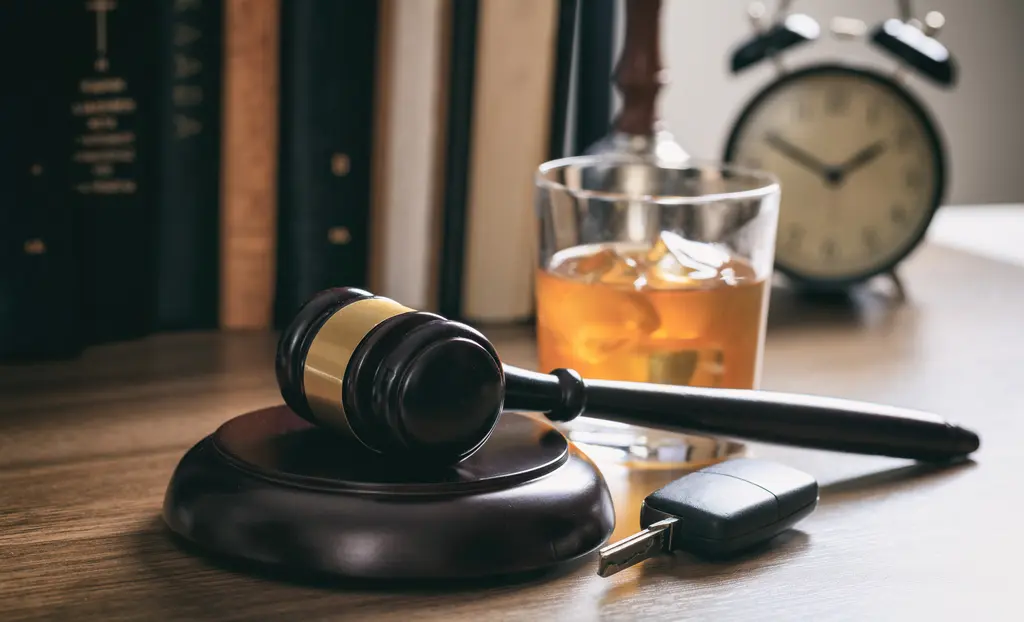If you’re arrested for DUI, you might be seeking ways to have your DUI charges dismissed. Your charges are getting dropped, so the prosecutor decides not to pursue your case.
Typically, prosecutors don’t drop charges if there is clear evidence of impaired driving. However, there are strategies you can employ to have your charges reduced potentially, your case dismissed, or prevent a DUI conviction from appearing on your record.
When you’re arrested for DUI, the first thing is to get an experienced Bryan R. Kazarian the DUI attorney, to help you. Here are the circumstances and methods for getting DUI charges dropped or reduced or preventing a conviction for this offense.
When Will the Prosecutor Not Prosecute?

There are chances that the prosecutor will not press DUI charges against you. Some of the reasons are straightforward like when the law enforcer didn’t follow the arrest guideline or the case was jeopardized. In other instances, you can convince the prosecutor if the following happened.
- You’re stopped illegally: in most states, the law enforcer must have legal justification for stopping you. After you pull over, any evidence found can’t be used against you, since the stopping was illegal. You must know pulling you over without justification is illegal, leading to your charge’s dismissal.
- If you are unlawfully arrested: The officer should only arrest you if they believe you’re driving under the influence. However, if the DUI attorney can prove to the court that your appearance and behavior couldn’t warrant being accused of drunk driving, the prosecution will have to drop your DUI charges.
- You’re a subject of improper search: In most DUI cases, the prosecutor relies on evidence in your vehicle, like alcohol or drugs, to prove you’re intoxicated. This means the police must search for evidence in your car. Failure to get the evidence their evidence will be inadmissible in court.
- Improper Datamaster test administration: Prosecutors rely heavily on Datamster DMT Tests, which determine blood alcohol content (BAC). However, these machines are often unreliable due to medical conditions like acid reflux, maintenance issues, and technician dishonesty. Sometimes, police mishandle sample collection, making it challenging for the prosecution to build a strong case against you.
When Can Your DUI Charge Be Reduced?

If you’re unable to get your DUI charges dropped, your attorney may help you get reduced charges. For example, even if you’re charged with reckless driving, the DUI may get reduced to wet-reckless. The best way to reduce DUI charges is to enter a plea agreement. If you plead guilty, you won’t have to go through trial and risk conviction for a serious offense.
You will get a reduced DUI charge if:
- Lack of any previous DUI convictions.
- Your blood alcohol concentration was closer to the legal limit.
- Your drunk driving did not result in injuries or accidents.
- There are issues with the evidence presented in your case.
Seeking the assistance of a DUI attorney can be beneficial in advocating for a reduced charge to prevent a DUI conviction from appearing on your record.
Conclusion

If you’re charged with DUI, the best thing to do is contact a reputable attorney. They will advise you on what to do next to help your DUI get dismissed or reduced. The DUI charges can be severe, and you can face the worst situation without a good advocate.

